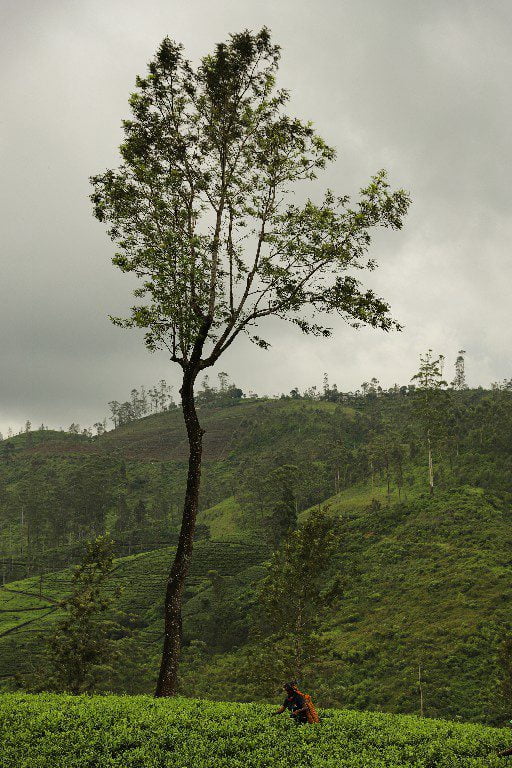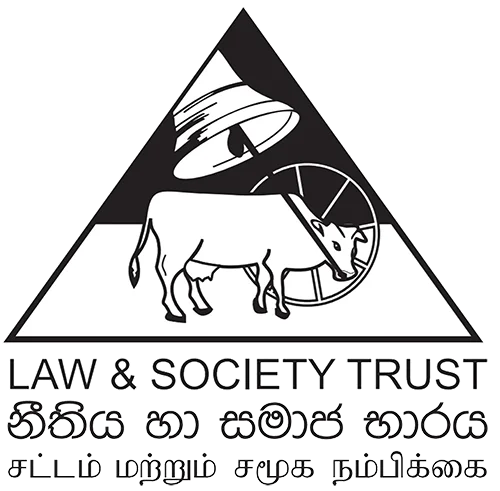Law & Economy
Focuses on people’s rights to sustainable livelihoods.
LST conducts research and engages in advocacy to strengthen local communities in their struggles for
land rights and social justice, decent work for decent pay and environmental rights
The Law and Economy programme draws on the International Covenant on Economic, Social and Cultural Rights, the Directive Principles of State Policy in Sri Lanka’s Constitution and the United Nations’ Sustainable Development Goals to improve the lives of people. It is founded on Sri Lanka’s commitments to operationalizing international treaties and laws.
LST has a longstanding interest in the intersectionality between the law and the economy. LST organized the national law and economy conference, consecutively for many years throughout the 1990s and over time, LST has come to articulate a distinct critique of the neo-liberal economic model and has focused its attention on economic vulnerabilities and marginalization, especially within the rural economy. The programme’s recent work has focused on micro-finance and indebtedness, the changing labour relations and land rights and debt justice.
The Trust is committed to strengthening local communities in their struggles for land rights and social justice. Through this programme, LST highlights the centrality of land in the lives of individuals and communities in Sri Lanka. It conducts research and analysis of government policies on land, including land ownership, usage and development, and works closely with government officials and communities in developing equitable land use policies.
LST also focuses on promoting community and environmentally friendly urban development. LST supports the communities to know their rights, to articulate their needs in urban development processes including relocation processes, and to ensure that communities are supported throughout.
The Trust engages with trade unions providing strategic support for advocacy while also advocating that businesses engage with trade unions on human rights issues. In a changing world of work, the Trust facilitates learning from other countries by increasing awareness of alternative forms of mobilization and protection networks for informal sector workers and workers who are not represented by unions.
Indebtedness is now a defining characteristic of the rural economy, with many families unwittingly turning to microfinance credit on easy terms of access that are also linked to high interest rates. LST researches the grievances of those affected by this debt trap and recommends that the government establish a regulatory framework and mechanisms for the oversight of microfinance institutions. LST supports financial literacy programmes for the affected communities and establishes dialogue platforms for communities to express their concerns to the government at the local and national levels.



